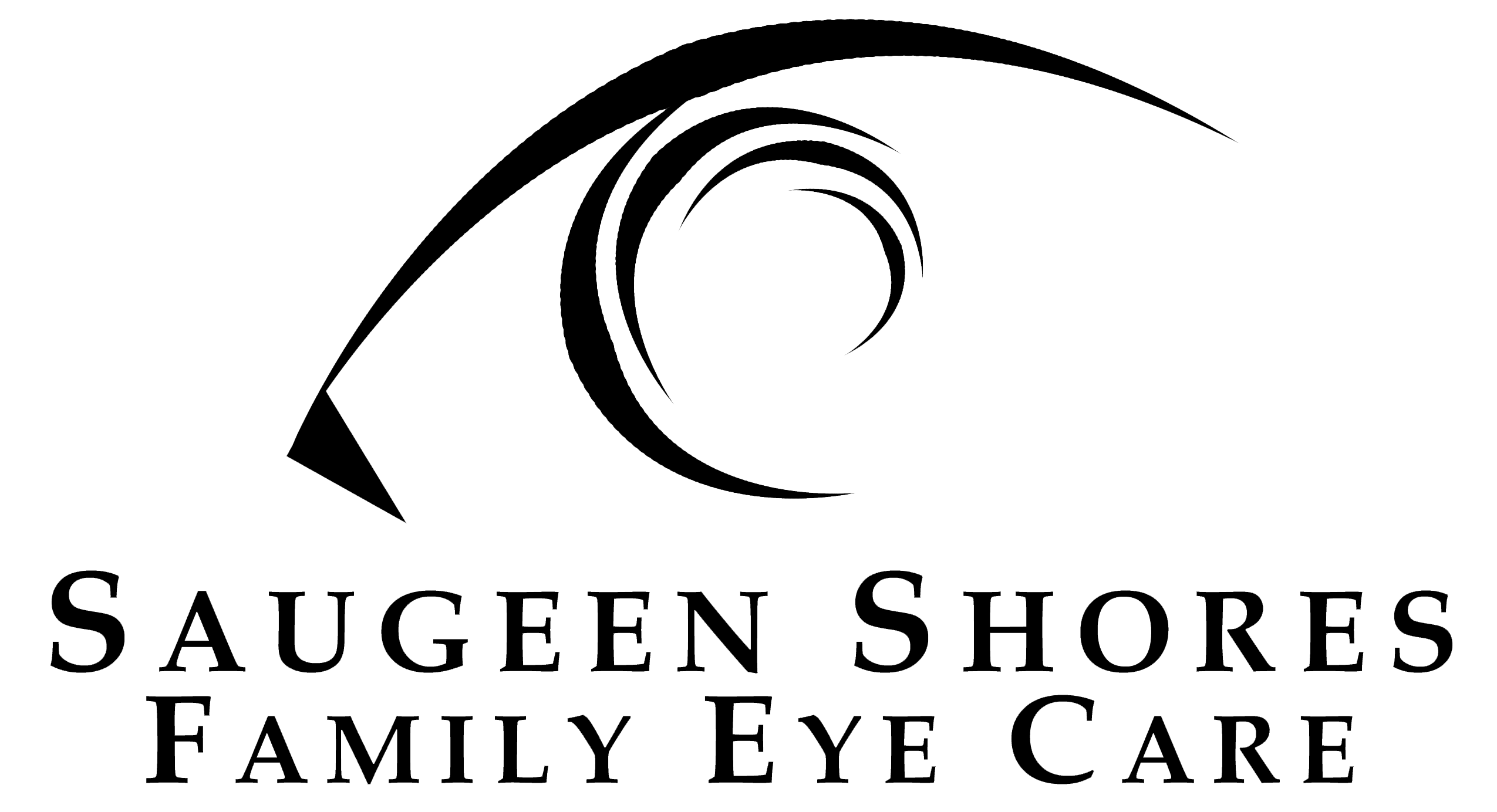Binocular Vision Testing & Therapy in Southampton
What is binocular vision? According to the medical definition, it is the ability to focus on an object with both eyes synchronously in order to create a single visual image. While a lack of full binocular function is normal in infants, it is not normal in children and adults, as it is needed to judge distance and speed, as well as see in 3D.
How do we use binocular vision?
 Look in front and all around you, and you’ll notice that your visual field is overlapped. This underscores the way in which our human visual system is designed so that both eyes work together seamlessly. In contrast, think about the way a cow’s eyes are positioned to the sides of his head, which allows bovines to scan a wide view of the fields for food and predators. Cows need to see their larger surroundings, yet they do not require extensive depth information to get through life. Humans, however, need a much higher level of detail, spatial awareness and depth perception to navigate our world smoothly and precisely. In sum, we depend constantly upon binocular vision.
Look in front and all around you, and you’ll notice that your visual field is overlapped. This underscores the way in which our human visual system is designed so that both eyes work together seamlessly. In contrast, think about the way a cow’s eyes are positioned to the sides of his head, which allows bovines to scan a wide view of the fields for food and predators. Cows need to see their larger surroundings, yet they do not require extensive depth information to get through life. Humans, however, need a much higher level of detail, spatial awareness and depth perception to navigate our world smoothly and precisely. In sum, we depend constantly upon binocular vision.
What is a binocular vision disorder?
A binocular vision disorder refers to conditions where the eyes cannot align correctly. A variety of problems in the visual system can lead to this complication.
Without adequate binocular function, people may experience double-vision or blurriness. In response, an individual with a binocular vision disorder will often strain their eye muscles to compensate for misaligned eyes. This leads to a whole slew of other symptoms, in addition to the original problem of unclear sight.
Binocular vision disorder symptoms
Any or all of the following symptoms may be experienced:
- Unsteady walking or running
- Headaches
- Dizziness and nausea
- Double Vision or blurriness
- Trouble driving or reading (with associated anxiety)
- Nervousness in response to large groups or too much stimuli
- Difficulty concentrating or comprehending while reading
- Fatigue due to reading
- Poor Eye Contact
- Restless sleep
What ocular conditions can cause a binocular vision disorder?
A variety of common problems with the visual system can interfere with binocular vision. The most typical causes are convergence insufficiency, amblyopia and strabismus, as explained below.
Convergence Insufficiency
In this disorder, a person’s eyes don’t partner well at close distances. Also called an eye teaming problem, the eyes may cross or drift apart while doing near tasks, such as reading or writing. It can be tricky to diagnose this convergence insufficiency because many people with it can still pass a basic vision screening, such as the ones done in schools. That’s why it’s essential to visit our qualified Southampton eye doctors for regular eye exams. We are experienced in performing binocular vision testing to detect the signs of a disorder, and we may recommend binocular vision therapy as treatment.
Amblyopia
With this eye disorder, the brain and eyes don’t work together sufficiently. In consequence, the brain will favor one eye over the other. As input from the less favored eye is ignored by the brain, that eye becomes progressively weaker, resulting in amblyopia (commonly called “lazy eye”). Amblyopia typically appears in babies and young children. When detected early enough, binocular vision therapy can help prevent reduced vision.
Strabismus
A person with strabismus will have eyes that either turn in, out, up or down. Since the eyes are misaligned and do not work together smoothly, the brain will receive two different visual images. In response, the brain will generally ignore one image to prevent double-vision. When left untreated, strabismus often leads to amblyopia. However, when detected and treated early, it is not necessary to suffer any long term visual effects.
What is binocular vision therapy?
Think of vision therapy as similar to physical therapy for the system of functional sight, which includes strengthening the brain and eyes. Through a series of customized, one-on-one eye exercises, our Southampton binocular vision therapists can develop visual skills that are deficient and correct strabismus and amblyopia. We will design personalized sessions to enhance eye control and improve visual processing and perception of incoming visual information.
Binocular vision therapy can therefore help with many normal activities that we need in life, such as reading, hand-eye coordination and balance. It also offers cosmetic benefits by encouraging the two eyes to appear straight, which has far-reaching effects on children’s self-esteem and confidence.
To schedule an eye exam for binocular vision testing and to learn more about how binocular vision therapy can help, please contact us to schedule an appointment in our Southampton office.
